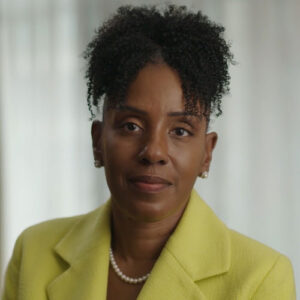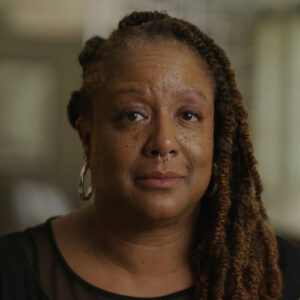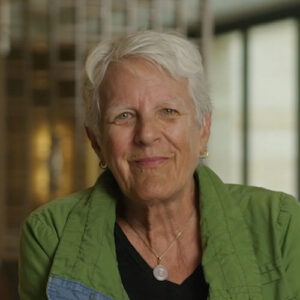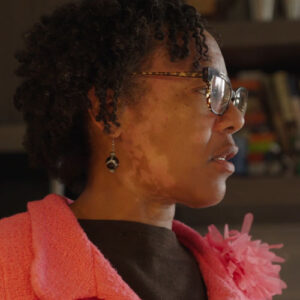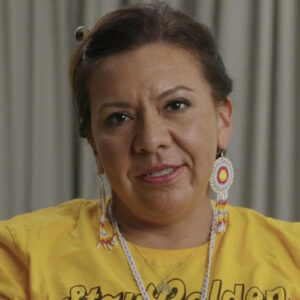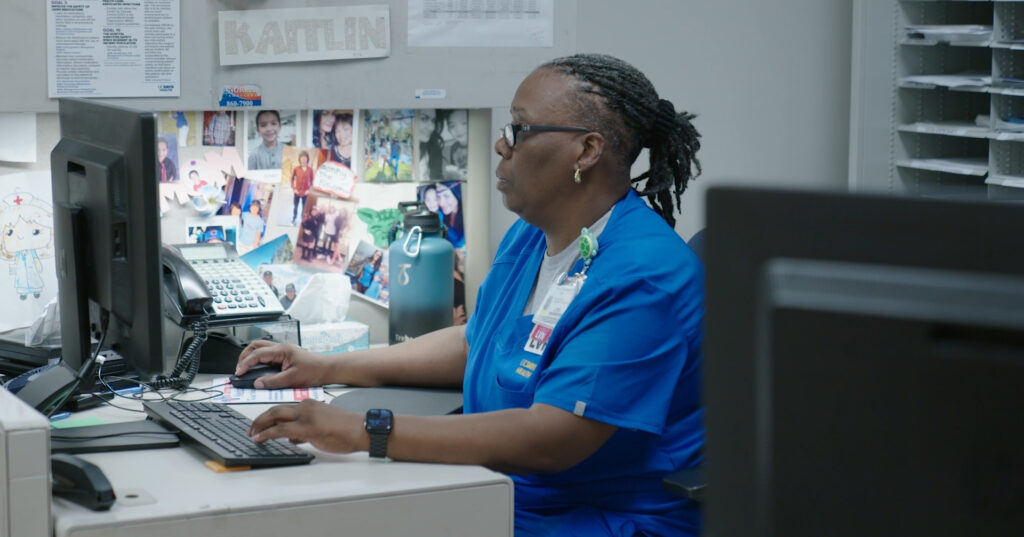WORKPLACE
What happens when nurses don’t nurture and care for each other at work.
In the complex but intricate fabric of nursing culture, woven with the stories of nurses like Florence Nightingale, Mabel Keaton Staupers, and Mary Seacole, there exists a paradox: the inherent nurturing and care within the profession at times doesn’t extend to its own.
Some call it a rite of passage; others call it a myth. Yet, “nurses eating their young” is a pervasive sentiment in the culture that harms nurses’ mental well-being and even drives them out of the profession. Nursing demands compassion, skill, and resilience, but in the face of hierarchical structures that impede so many from advancing, the values that nurses are meant to exemplify get lost, threatening the integrity of the profession as we know it.
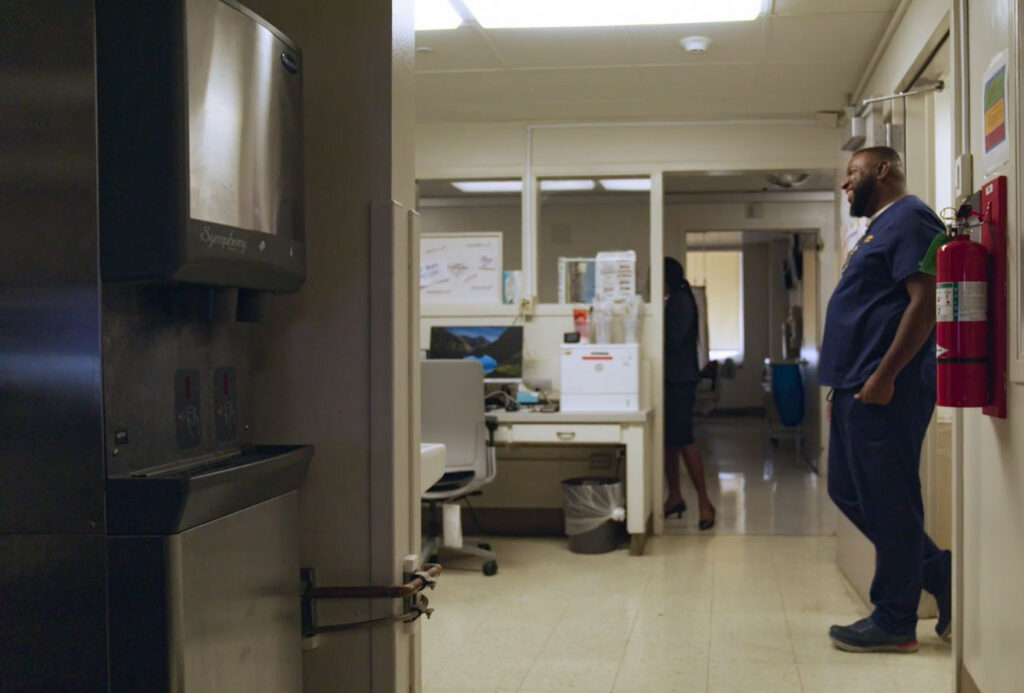
STILLS & CLIPS
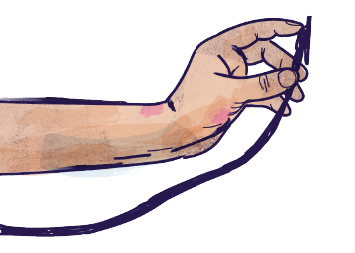
ALMOST 6 OUT OF 10 NURSES
HAVE SEEN OR EXPERIENCED RACISM/ DISCRIMINATION FROM COLLEAGUES.
SOURCE: “INSIGHTS INTO NURSES’ EXPERIENCES AND PERCEPTIONS OF DISCRIMINATION,” RWJF.ORG
JOIN THE
MOVEMENT
DIG DEEPER
This harm is particularly acute for underrepresented nurses. Nurses report a prevalence of racism and discrimination in the workplace; almost 8 out of 10 nurses have experienced or seen it from patients, while 6 out of 10 report experiencing it from their own colleagues. Male nurses, who make up about 12 percent of the workforce, face their own unique challenges in a landscape fraught with racism that is also perceived as “women’s work.” Much like another fearless subject, Ernest J. Grant, Vice Dean Diversity, Equity, Inclusion, and Belonging at Duke University School of Nursing, describes, these incorrect and biased assumptions hurt both nurses and patients. Racism and sexism in healthcare is pervasive and insidious, and it poisons nursing, worsening care delivery and health outcomes for vulnerable populations. More than that, the incivility drives nurses of color out of the profession entirely at twice the rate of their white counterparts.
According to the Commission to Address Racism in Nursing, it’s important for nurses to view racism as a preventable harm in the workplace in order to stop it at every turn. Like infection control, through a combination of policies and daily actions by individuals, it is possible to shift a culture toward acceptance and inclusivity. But it starts with acknowledgment. Declaring from the outset and at the leadership level the impacts of systemic racism on nurses and health outcomes enables everyone to own dismantling discriminatory practices within healthcare institutions and no longer turn a blind eye to something they’ve now been told is there.
Fostering healing and growth in nursing demands all hands on deck. Acknowledging racial identities and engaging in uncomfortable conversations are essential steps toward racial healing.
Building meaningful relationships between white nurses and nurses of color is vital for fostering trust and understanding within the profession. Influential white allies are needed in majority-white spaces. Their privilege affords them greater security to speak out and removes the onus from nurses of color to make diversity, equity, and inclusion an organizational priority on top of their nursing duties. It is in this way that silence, which has often been the default surrounding these issues, will be reframed as a “betrayal.”
The overdue reckoning within nursing demands proactive steps toward racial healing and professional growth. It requires confronting uncomfortable truths and dismantling entrenched biases. Allyship elevates the underrepresented and is paramount to reshaping workplace cultures and advocating for equitable career opportunities for all nurses.
Nursing culture stands at a crossroads that needs a joint effort to move forward. It will take embracing cultural humility, committing to removing barriers to professional development, and fostering inclusive workplaces to ensure that every nurse succeeds.
RECOMMENDED READING
DIG DEEPER
EXPLORE MORE ISSUES
Academia
Biased nursing school cultures impede not only the academic success of nurses of color but also their well-being and psychological safety.
Institutions
In the pursuit of racial healing, associations have had to reckon with their own pasts, uncovering contributions to nursing’s ills.

